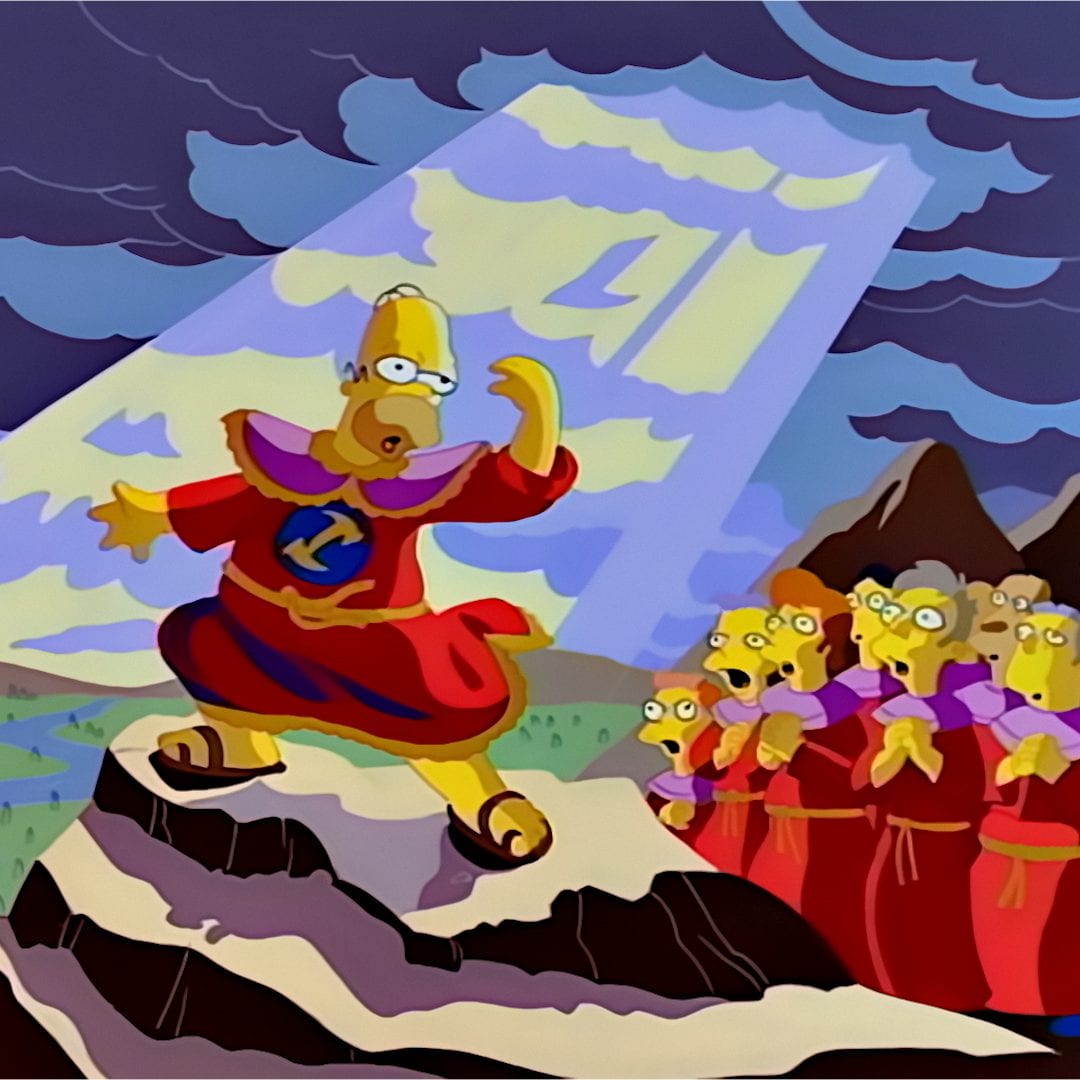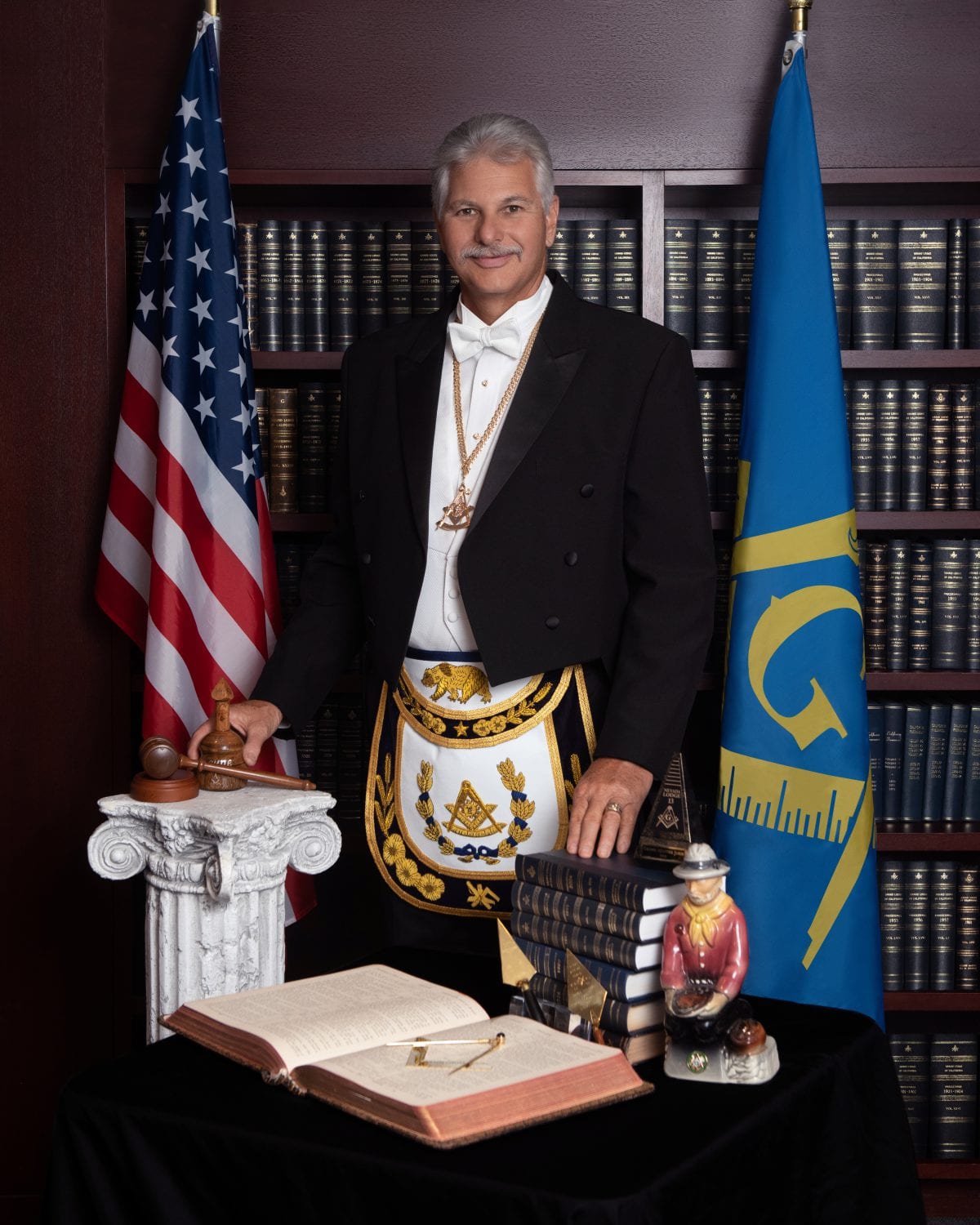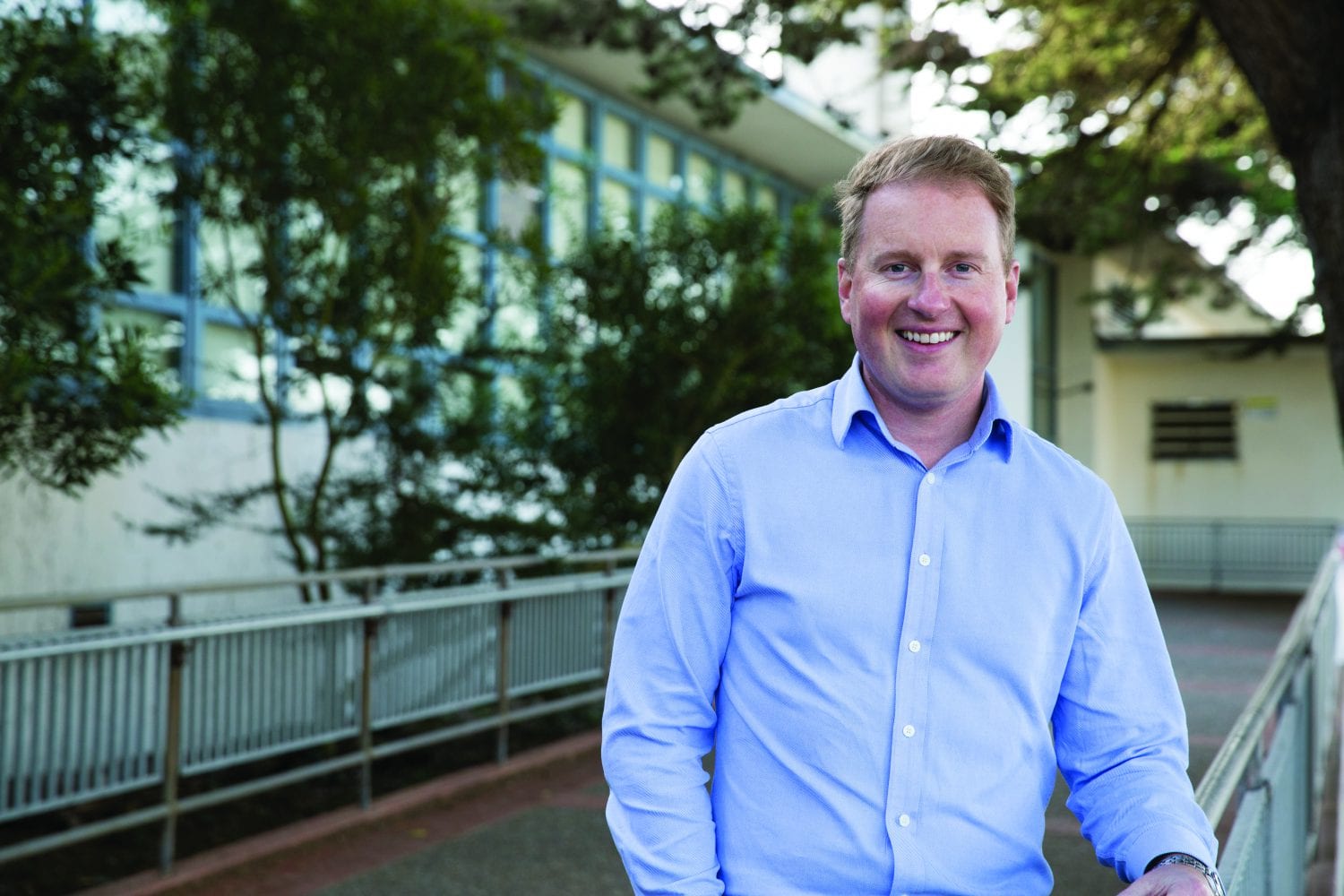
A Homeric Tale: When the Simpsons Parodied Freemasonry
On the 25th anniversary of the “Stonecutters” episode of The Simpsons, a look back at one of the greatest comic send-ups of Freemasonry ever.
More than half of California’s six million K–12 public-school students are economically disadvantaged, according to the Public Policy Institute of California. And despite recent growth, the state’s per-pupil spending in public classrooms still lags behind the national average. By and large, philanthropic investment has failed to bridge that gap: Less than 1 percent of school funding comes from voluntary contributions.
How, then, can outside organizations make a meaningful difference to public-school children? According to 2012 National Teacher of the Year Rebecca Mieliwocki, making an impact is less a matter of quantity than quality. We spoke to the longtime seventh-grade English teacher—who’s now on special assignment within the Burbank Unified School District—about how Masons and others can make their contributions felt.
California Freemason: As an educator and administrator, you’ve grappled with challenges at the classroom and state level. What advice would you give to organizations looking to support California’s students?
Rebecca Mieliwocki: Philanthropists can’t go wrong getting behind civic education. Make sure schools have a Project Citizen club on campus that helps kids learn what the Constitution is, how amendments are made, how the Congress and Senate work. You know, the things that make the nation strong. And then reading programs. The Masons are really huge in trying to level the playing field by making sure all kids have access to books.
CFM: How do programs like Raising A Reader have a meaningful impact in schools?
RM: When I started out teaching, I didn’t have a classroom library of my own. Slowly but surely, out of my own pocket, I began to buy and build my own library, spending $200 or $500 a year on books for my classroom. Trying to keep kids excited by presenting them with a shelf full of dusty, worn books from the 1950s just doesn’t cut it. That’s where philanthropists can help: Make sure every teacher has a library or at least a shelf of books so kids can experience touching a book, holding a book, taking a book home, making a book their own.
CFM: What other areas in school would benefit from outside help?
RM: We have a whole generation of kids who are attending severely underfunded schools. So we’re having to backfill for the kinds of things that our neighbors and community members want and expect, like access to technology, access to global language instruction, art, music, all those things. That’s where community partners can help. We’re trying to do whatever we can to get free stuff for classrooms, because what the state budget allows is basically a desk and a whiteboard and maybe the teacher gets a laptop and everybody gets a textbook because that’s the law, but that’s it. Anything else—posters, markers, glue, scissors—most teachers are paying for it out of their own pocketbooks. It’s like an unfurnished apartment. You’ve got to do a lot to make it liveable.

On the 25th anniversary of the “Stonecutters” episode of The Simpsons, a look back at one of the greatest comic send-ups of Freemasonry ever.

Grand Master John Trauner reflects on the historical precedent for Masonic support of public schools.

Members of the Public Schools Advisory Council reflect on the importance of public education to the fraternity.